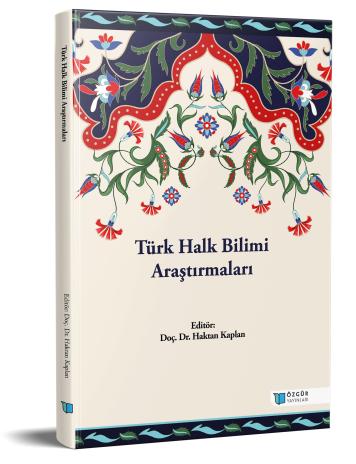
Hearth-Based Folk Medicine Practices: The Konya Example
Chapter from the book:
Kaplan,
H.
(ed.)
2025.
Turkish Folklore Studies.
Synopsis
In folk medicine, the term “ocaklı” refers to people who are believed to have a special talent or spiritual power and are members of a healing tradition that has been passed down from generation to generation. Among the people, Ocak is the name given to families or individuals who heal illnesses, especially those that treat fractures, dislocations, snake/insect bites, burns, scarlet fever and the evil eye. It is believed that the ability to heal in these families or individuals is innate or is given by a “spiritual hand”. “Being an Ocaklı” means being a member of that family or being one of those who carry this ability. Ocaklı people usually heal by prayer, laying on of hands, herbal treatment, blowing or traditional methods. These skills are mostly passed down orally, from a master to an apprentice or from generation to generation within a family.
The term ocaklı refers to the person who performs the healing in folk medicine practices, while ocaklı refers to the family or the location or house where the family is located that has the power to heal. The word ocaklı is also used for sacred shrines and graves, water sources, stones and trees with healing power that people go to for healing purposes. The name ocaklı is used for the healing power member of the ocak owner family. Healing ocaks that bear the traces of early Turkish beliefs and the practices carried out in connection with these ocaks continue to exist in Anatolia. Ocaks continue to exist today as widespread alternative medical treatments. In this study, the healing treatments performed by people accepted as “ocak” or “ocaklı” in Konya and the opinions and socio-cultural attitudes of the ocaklı people who carried out these healings about the treatment methods they applied were conveyed and at the end of the study, a source person table and a table regarding the treatments applied by ocaklı people in Konya were given.

